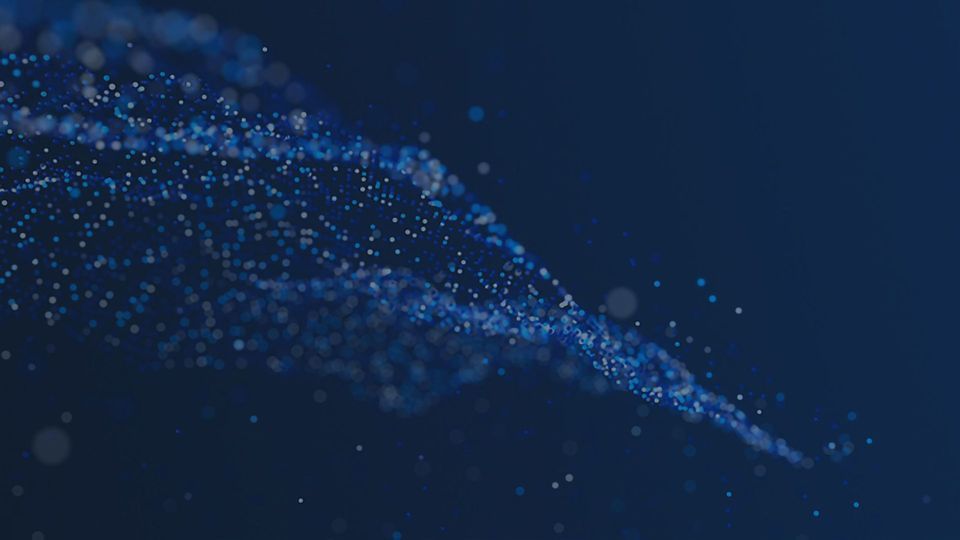ARTEL Extreme Pipetting Expedition to Visit Death Valley to Test Impact of Dry Heat on Laboratory Data

Complete the form below to unlock access to ALL audio articles.
ARTEL announces that Death Valley National Park will be the site of Mission #3 of the Extreme Pipetting Expedition. At Death Valley, located in the desert spanning Nevada and California, ARTEL will test how dry and hot environmental conditions alter pipetted volumes.
Dry heat was chosen as the scientific focus of Mission #3 because many laboratory technicians commonly encounter this condition in their work environments. For example, laboratories using analytical instruments, ovens, incubators, freezers and other devices using high power or open flames are prone to heat and low humidity. Dry heat can also be contributed by heating and air-conditioning systems not equipped with humidifiers. To ensure pipetting accuracy and precision and strengthen data integrity, it is essential that laboratory scientists understand and compensate for this source of error.
ARTEL will release the results from Mission #3 at the Association for Molecular Pathology (AMP) 2007 Annual Meeting and Exhibits (booth #54), November 7-10, 2007.
A 3.3 million acre desert, Death Valley was selected as the site for Mission #3 because it is iconic for its hot and dry climate. Surrounded by mountains, the valley captures and retains extreme amounts of heat to create one of the hottest environments on earth, commonly exceeding 49oC (120oF). Death Valley is also the driest locale in the United States, receiving fewer than two inches of rain annually.
The Extreme Pipetting Expedition is a multi-phase, year-long scientific study to illustrate the impact of laboratory environmental conditions on pipetting performance and data integrity.



